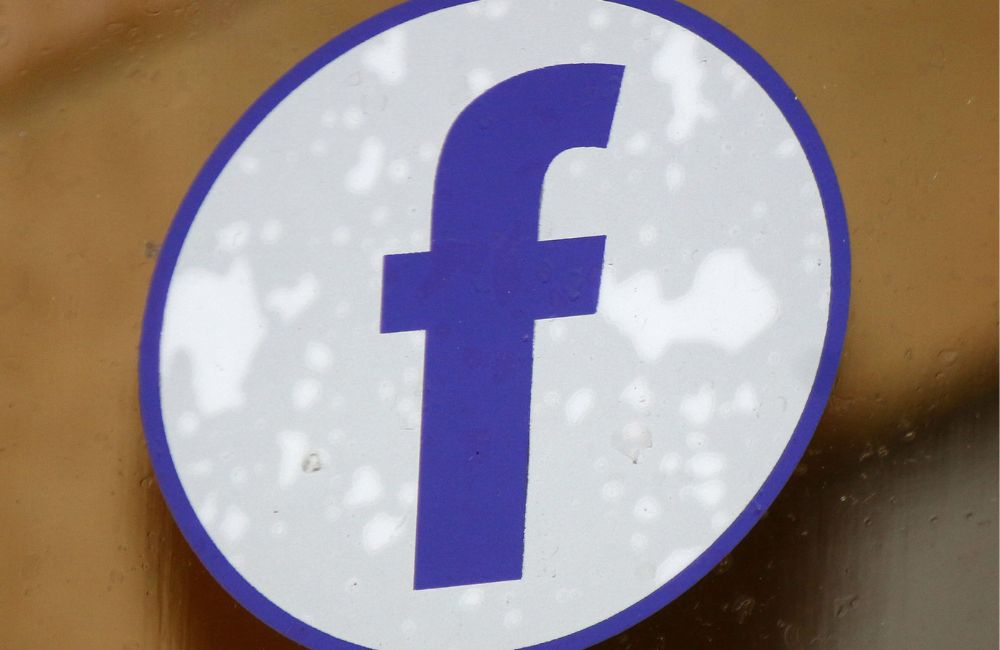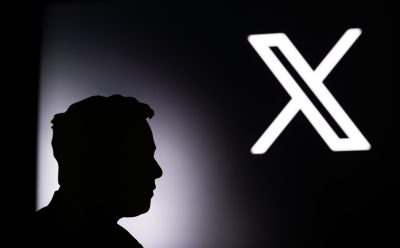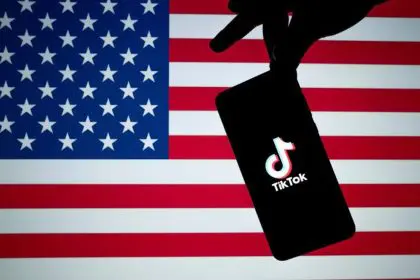Australia considers social media ban for under those under 16 years old.
The Australian government is planning to introduce a groundbreaking ban on social media access for children under the age of 16, marking one of the most significant digital policy shifts in the nation’s history.
The country’s Prime Minister Anthony Albanese, who has been leading Australia since 2022, has laid out what he describes as “world-leading” legislation he hopes to introduce, which will be tabled in Parliament next week. This initiative comes at a crucial time when approximately 85 percent of Australians are active social media users, with teenagers spending an average of 3.4 hours daily on various platforms.
“This one is for the moms and dads … They, like me, are worried sick about the safety of our kids online,” Albanese stated during the announcement. “I want Australian families to know that the government has your back.”
The legislation’s timing is particularly relevant, as recent mental health reports have indicated a troubling 40 percent increase in anxiety among Australian youth, with researchers establishing direct links to social media use. This correlation has become a driving force behind the government’s decisive action.
While many of the laws’ specific details haven’t been debated yet, the primary goal is to reduce the “harm” social media is causing to children. Australia’s unique position as the first country to establish an eSafety Commissioner in 2015 provides it with valuable experience in digital regulation and child protection online.
If the legislation is passed, it would come into effect 12 months later, while there will need to be a review after it has been established. This implementation timeline is designed to give both platforms and families adequate time to adjust to the new regulations.
The government has clarified several key points about the ban’s application. Notably, it wouldn’t apply to those who are already on social media, creating a grandfather clause for existing young users. Additionally, there will be no exemptions for those under 16 whose parents permit them, establishing a clear and uniform approach to enforcement.
Social media platforms will be responsible for proving they are taking reasonable steps to stop children from accessing their sites. This approach aligns with Australia’s history of holding tech companies accountable for their impact on society, particularly young users.
Prime Minister Albanese emphasized that users would not face penalties, while the eSafety Commissioner — Australia’s online regulator — will be tasked with enforcing the new rules. This enforcement strategy builds upon the commissioner’s existing expertise in digital safety regulation and child protection measures.
However, the proposal has faced some opposition. The Australian Child Rights Taskforce has voiced concerns, claiming a ban would be “too blunt an instrument.” Their position reflects the complex balance between protecting young users and ensuring they can develop digital literacy skills in an increasingly connected world.
The organization demonstrated the breadth of concern by sending a letter to the government last month, which garnered significant support from the academic and civil society sectors. Over 100 academics and 20 civil society organizations co-signed the document, calling on the Prime Minister to consider implementing “safety standards” for platforms rather than pursuing an outright ban.
This legislative initiative represents Australia’s latest effort to lead global digital safety reforms, building upon its pioneering establishment of the eSafety Commissioner and consistent focus on protecting vulnerable online users. As the debate continues, the outcome of this proposed ban could set a precedent for how other nations approach the challenge of protecting young people in the digital age.

















